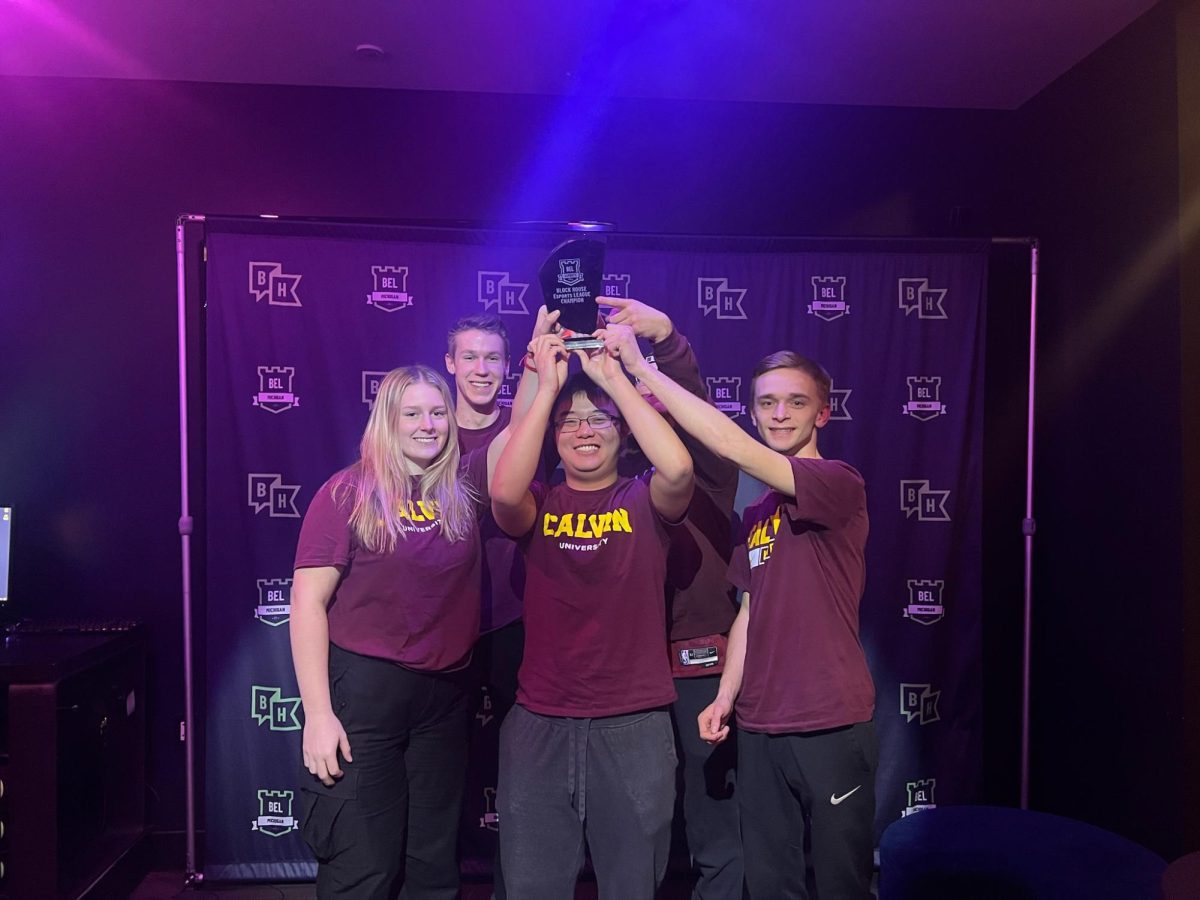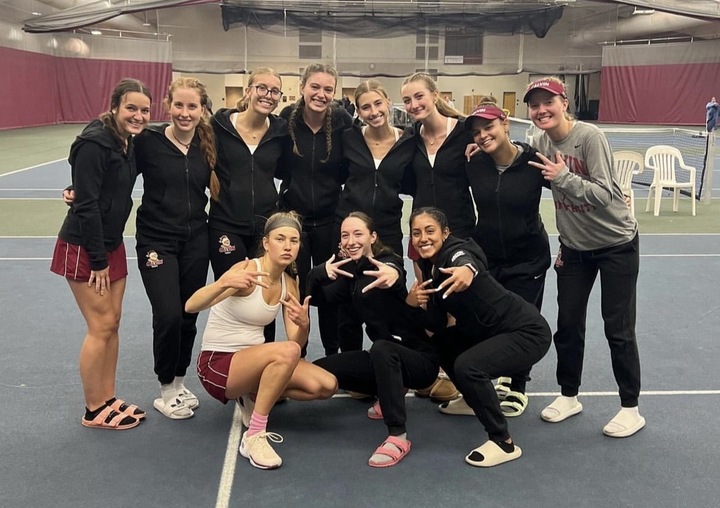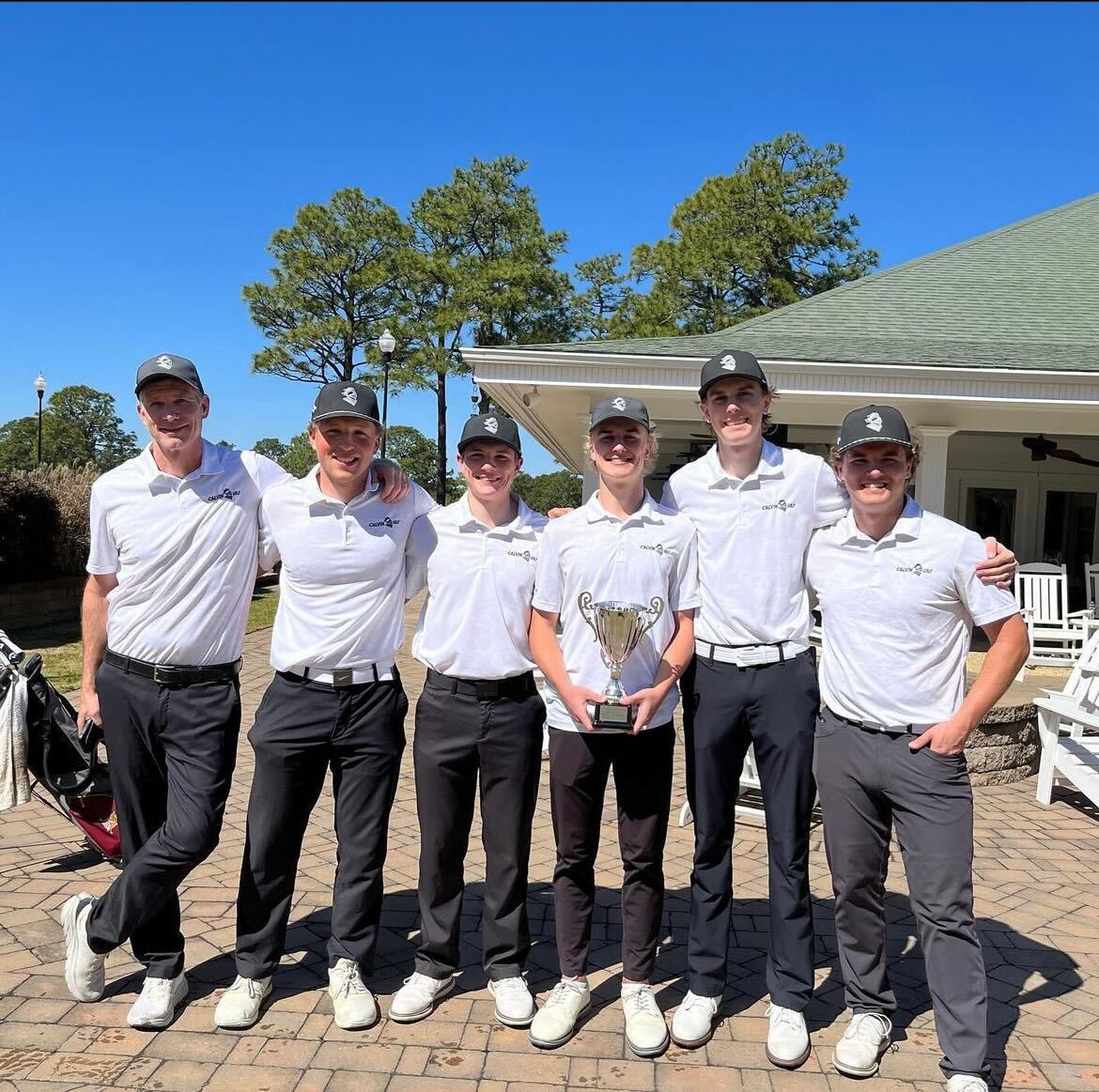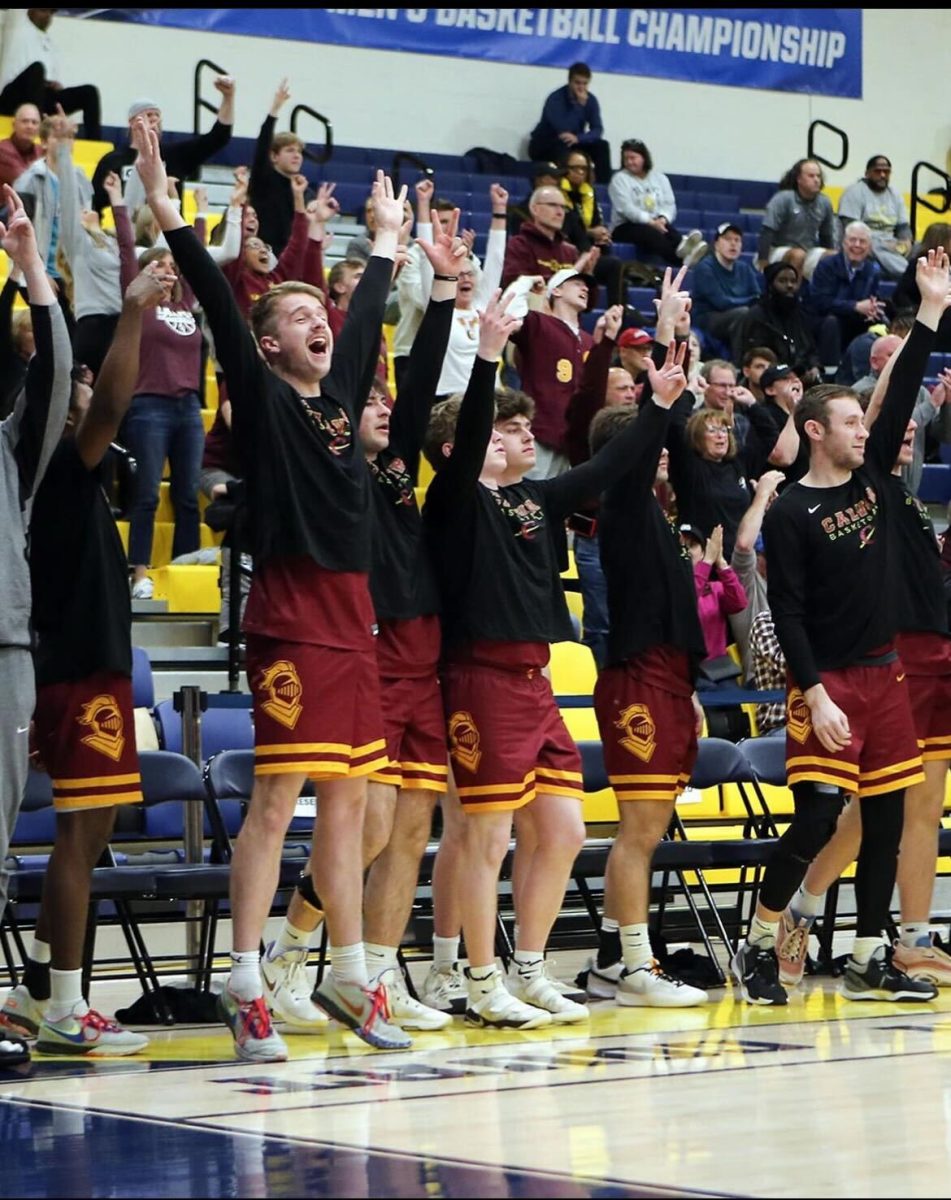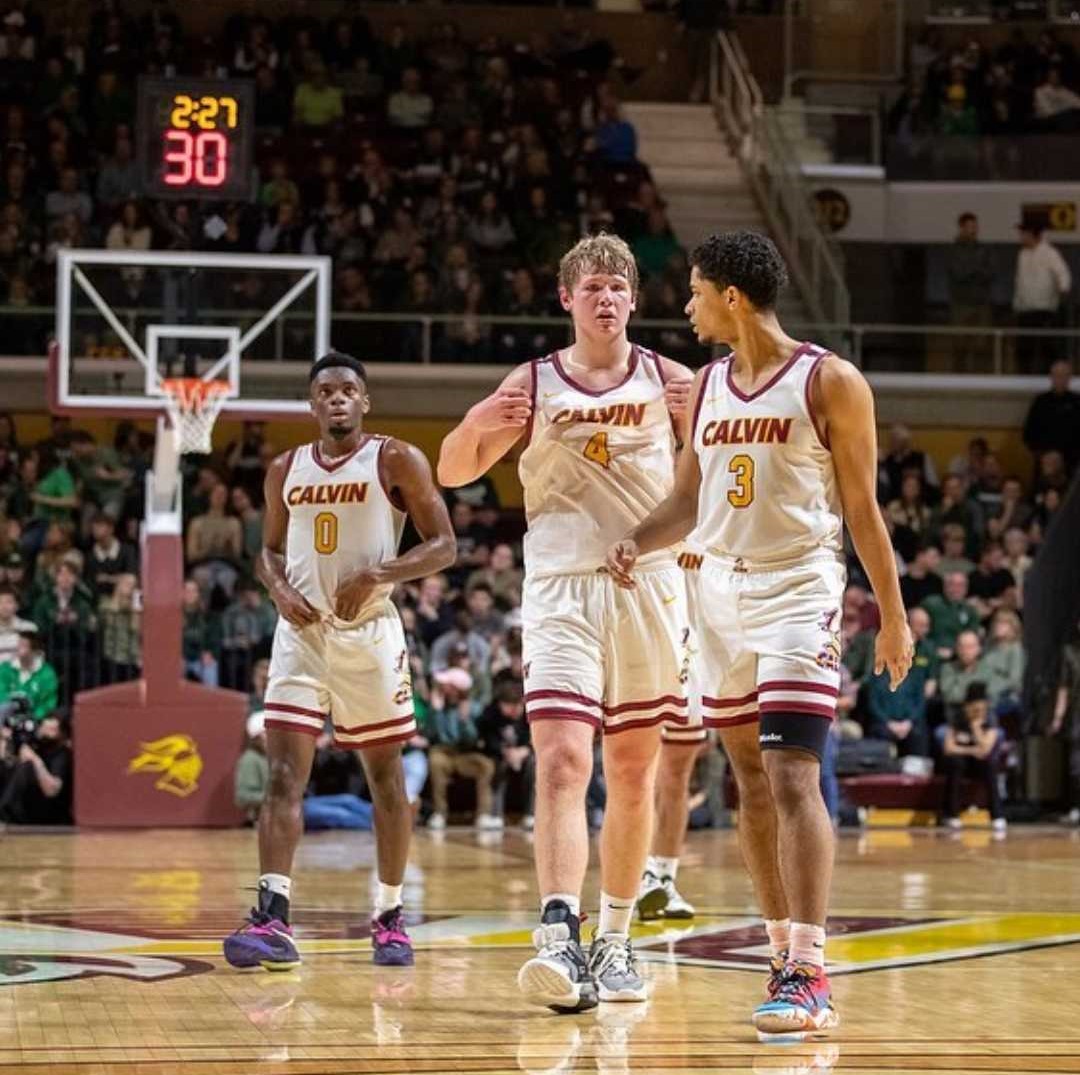The dreaded day was Sept. 16.
The entire hockey world woke up to the news it hoped would never come. The National Hockey League, also known as the NHL, and its owners locked out the National Hockey League Players’ Association. A lockout has ensued, with no end currently in sight.
What’s the heart of the problem? Money.
The two sides cannot agree on a new collective bargaining agreement, a basic contract between the NHL team owners and the Players’ Association on revenue splitting. The old agreement which, ended Sept. 15, had the players’ share between 54-57 percent, depending on the size of the league’s revenue. $3.3 billion in revenue was the estimated amount the league would make during the 2012-13 season. The owners of the 30 NHL franchises believe the players were making too much money with the past agreement, and want to cut their salaries. The players simply want a fair wage and to be on the ice.
This lockout, still ongoing, hurts the owners, the players and the fans.
The owners of these franchises are getting hurt because fans are not filling the seats because there are no games. These owners are attempting to gain a higher percentage of the total revenue to gain profit. In an article in Forbes in 2012, Kurt Badenhausen writes that only three of the 30 teams operated at a profit last season. The owners are trying to change this by locking out the players, but the cost is too steep. According to Calvin’s club hockey team goaltender and avid hockey fan Trevor Boardway, the owners are being greedy.
“The owners believe the players are making too much money, plain and simple,” says Boardway. “This greed is causing the players and fans to develop a hatred toward the majority of ownership in the NHL.”
This lockout also hurts the players. They are the ones who go out and play the NHL’s 82 game season. Now, in all likelihood, they will be earning even less money. And that’s not even this season. With the lockout in effect, players do not earn their NHL salary at all. Because of this, many of the games greatest stars are playing overseas until the NHL and the Players’ Association comes to an agreement.
Take the Detroit Red Wings, for example, have been the model of consistency in the NHL for more than two decades. The last time the winged wheel missed the playoffs was 1990. As of Oct. 12, nine players for the Red Wings have committed to playing overseas. One of these, Henrik Zetterberg, agreed to play in Switzerland Oct. 8.
“I think, like I was saying before, I wanted to wait a little bit before I went and played [overseas]. But in the last few weeks, the indication is it’s going to get tougher and tougher to get spots over there, especially with the contract I have and insurance costs,” said Zetterberg in a USA Today story.
Zetterberg is the likely choice to be Detroit’s next captain, replacing Nicklas Lindstrom, who retired on May 31 after the conclusion of last season. Zetterberg turns 32 this season. He is not far in age from many of his Red Wing teammates. In the 2011-12 season, Detroit’s roster averaged 29.2 years of age per player, the second oldest in the NHL. If the lockout endures the length of the season, just like the previous one that cancelled the 2004-05 season, every player in the NHL will be a year older before his next NHL owners game. This will hurt Detroit more than most.
Players like Zetterberg, Pavel Datsuyk, Johan Franzen and Todd Bertuzzi will all be older than 33 after this season. The Red Wings have brought up young, relatively unknown players to replace older or retiring players before, but in several years, the main core of what is now the Red Wings will be different.
The Red Wings and the other 29 NHL teams expected their season to begin Oct. 11. Thus far, games through Oct. 24 have been cancelled, resulting in a big loss of revenue.
“Roughly $82 million dollars in players’ salaries was lost because of the first two weeks of the lockout,” Boardway said. “No wonder many of the players are leaving to play overseas.”
No one is hurt more by this lockout more than the fans. Their beloved teams should be playing two or three times a week this time of year. Instead, all they hear are countless debates, arguments and news releases about the lockout. All they want is hockey.
According to Calvin English professor and hockey fan David Urban, fans lose interest in the NHL because of the lockout.
“Fans become disenchanted with the NHL owners, players and teams,” says Urban, who recently published an article on the NHL lockout’s impact on the Grand Rapids Griffins. “People are making sacrifices to make ends meet in this economy. Fans wonder why the owners and players can’t make reasonable sacrifices to end the lockout.”
Owners are not the only ones losing money in this. Many people who work for the organization or at the arena are now without jobs. Andrew Solov, a vendor for the Florida Panthers, used to work five nights a week. He gained a reputation for barking in his panther costume whenever Florida scored a goal. Now he is sitting at home, looking for a job.
“I miss the hockey games already,” Solov said in an Oct. 12 Sun Sentinel article. “I miss the guests. I miss the roar of the crowd. When the Panthers score, I’m right there high-fiving fans. I really get into it.”
When will the NHL resume? No one knows. This is the third work stoppage during the tenure of current NHL commissioner Gary Bettman. Fans and players alike are worried this stoppage could yield the same result as the previous lockout, the cancellation of the season. The fans and players want this to be resolved. All we can do now is wait.
Your move, Mr. Bettman.




